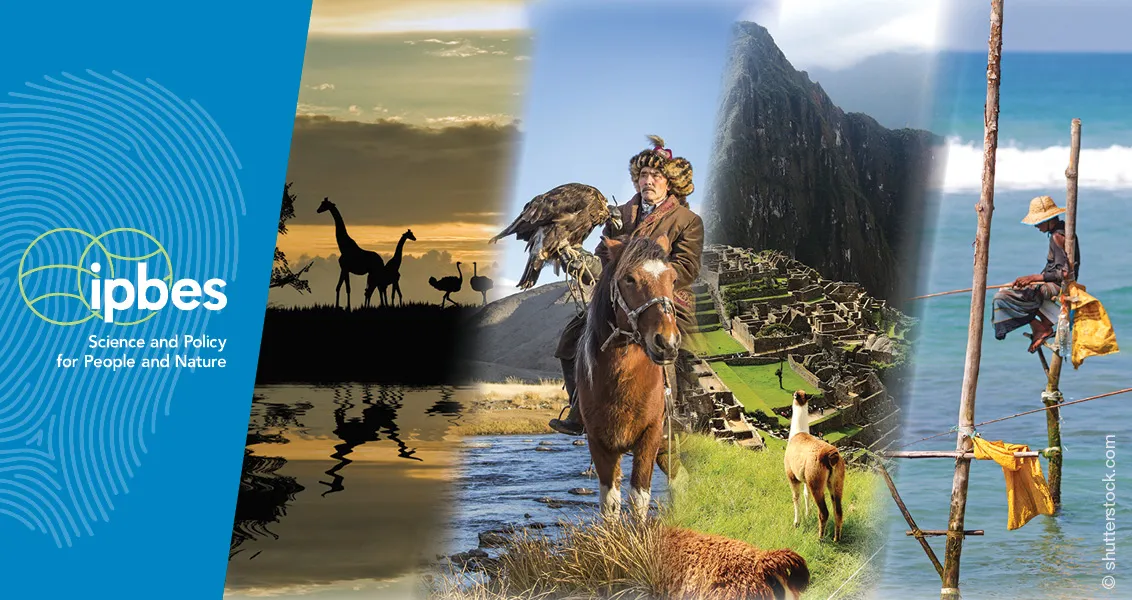
Declining Biodiversity – Now and in the Future
Biodiversity – the essential variety of life forms on Earth – continues to decline in every region of the world, significantly reducing nature’s capacity to contribute to people’s well-being. This alarming trend endangers economies, livelihoods, food security and the quality of life of people everywhere, according to four landmark science reports released today, written by more than 550 leading experts, from over 100 countries.
Highlights
-
“Biodiversity and nature’s contributions to people sound, to many people, academic and far removed from our daily lives,” said the Chair of IPBES, Sir Robert Watson, “Nothing could be further from the truth – they are the bedrock of our food, clean water and energy. "
-
According to the report, under a ‘business as usual’ scenario, climate change will be the fastest growing driver negatively impacting biodiversity by 2050
-
“Africa is extremely vulnerable to the impacts of climate change and this is going to have severe consequences for economically marginalized populations"
-
The authors find that further economic growth can facilitate sustainable development only if it is decoupled from the degradation of biodiversity and nature’s capacity to contribute to people
AI generated version
Biodiversity Decline: A Threat to Our Future
Biodiversity, the essential variety of life forms on Earth, is declining in every region of the world. This alarming trend is a significant threat to nature's ability to contribute to people's well-being, including economies, livelihoods, food security, and the quality of life for people everywhere. These findings come from four landmark science reports released by over 550 leading experts from more than 100 countries.The Chair of IPBES, Sir Robert Watson, emphasizes that biodiversity and nature's contributions to people are not just academic concepts but are the bedrock of our food, clean water, and energy. The reports reveal that climate change will be the fastest growing driver negatively impacting biodiversity by 2050 if we continue with business as usual. Africa is particularly vulnerable to climate change, which will have severe consequences for economically marginalized populations.The reports also highlight that further economic growth can only facilitate sustainable development if it is decoupled from the degradation of biodiversity and nature's capacity to contribute to people. In other words, we cannot continue to exploit nature's resources without facing dire consequences.Biodiversity loss is not just an environmental issue; it is a human issue. It affects our food security, our access to clean water and energy, and our ability to adapt to climate change. The loss of biodiversity will hit the most vulnerable populations the hardest, exacerbating existing inequalities and social injustices.We all have a role to play in halting biodiversity loss. Governments must enact policies that protect and restore biodiversity, and businesses must adopt sustainable practices that do not harm nature. As individuals, we can make choices that reduce our impact on the environment, such as consuming less meat, reducing plastic waste, and supporting sustainable agriculture.In conclusion, the decline in biodiversity is a threat to our future, and we must take action now to protect it. It is time to recognize the importance of nature's contributions to our well-being and take steps to ensure that we do not undermine the very foundation of our existence.